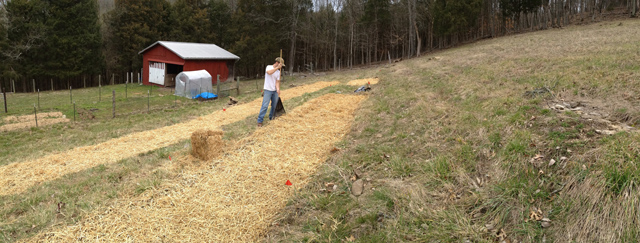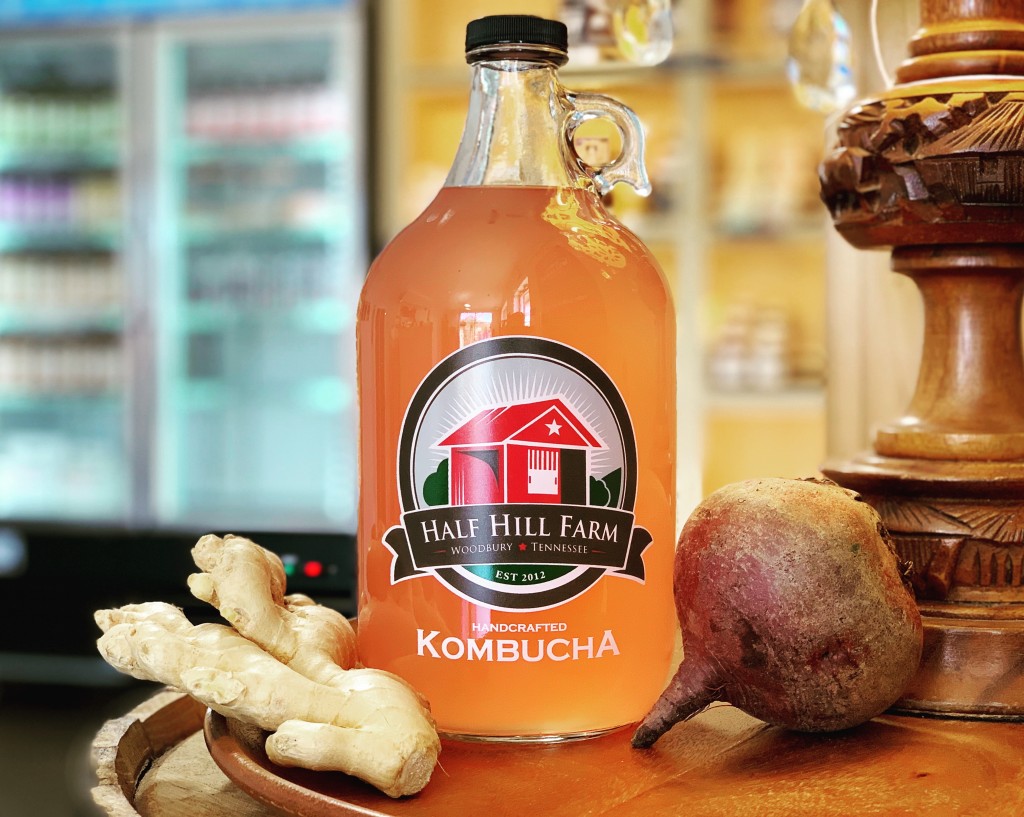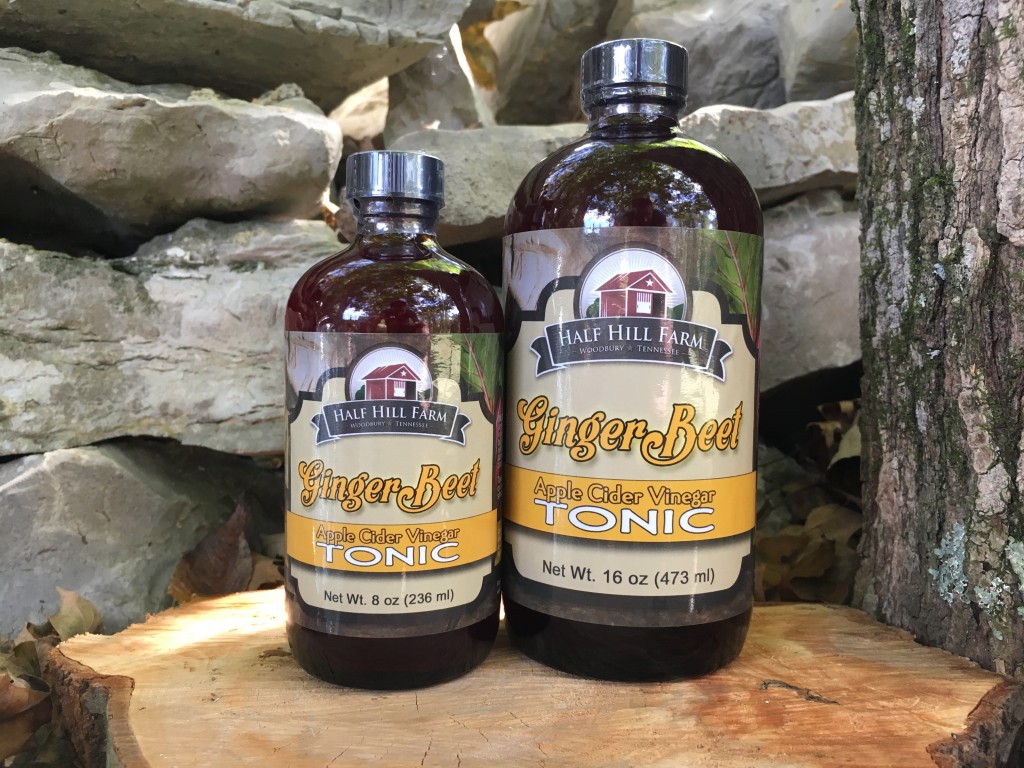
A lot of the required organic practices aren’t new ways of doing things at all. Planting clover as a cover crop is a practice that goes back to our state’s founding.
Using a cover crop does a few things in organic farming. It protects soil from erosion, helps build organic matter, mineralizes key elements and catches leeched nutrients needed by subsequent crops, and prevents weeds and pests. It’s the only choice farmers had 200 years ago and wisdom we are abandoning at great cost.
The use of clover as a cover crop in Tennessee impressed at least one observer whose notes in the 1836 edition of the Tennessee Farmer show a fading appreciation for perfected systems of nature.
ON THE CULTURE OF CLOVER:
Few things have contributed to the modern improvement of husbandry, then the introduction of clover, in connexion with the rotation crops. The plant serves to ameliorate and fertilize the soil, and at the same time it affords an abundance of wholesome food for every description of farm stock. Whether cut for winter stores, for soiling in the yard, or fed off by stock but few crops surpass it in the quantity of cattle food which it affords.
Cannon County’s use of clover in particular was cited by Tennessee’s Bureau of Agriculture report of 1874 as the best in the state.
Great attention is paid to the sowing of clover and no farmer deserving the name fails to have a considerable part of his farm given to clover every year. The consequence is there are no abandoned old fields to be seen. Scarcely an acre of land has been turned out. Gullies are scarce though the land is rolling. In no county in the State do the farmers pay more attention to the preservation of the soil.
The two strips pictured here are sewn with certified organic red clover. We’ll follow this with an overwintering of cereal rye then Spring plant our crops. We may try crimson clover next year.
Learn more about the use of red clover as a cover crop in Tennessee from the University of Tennessee Extension Office.



